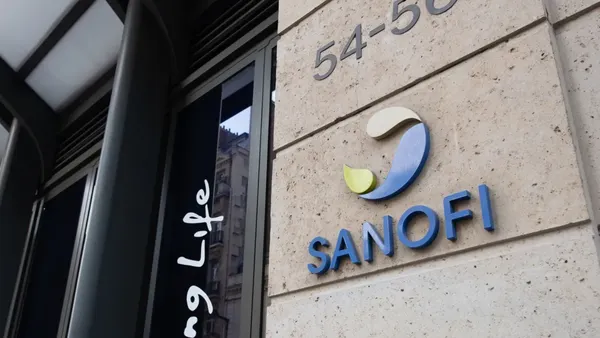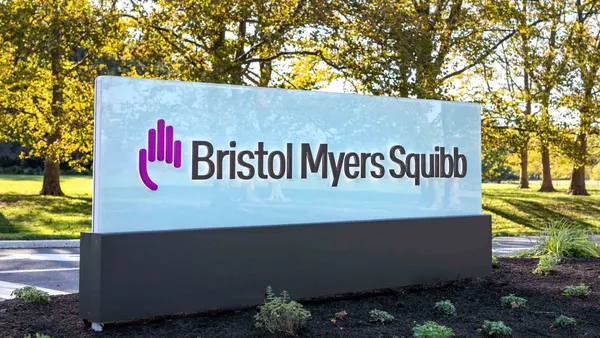Danish drugmaker Novo Nordisk has licensed an experimental rare disease drug from biotechnology company Omeros that it sees becoming a differentiating treatment for an array of rare blood and kidney diseases.
Per terms of a deal announced Wednesday, Novo will pay Omeros $340 million in upfront and near-term milestone payments for exclusive global rights to develop and commercialize a treatment known as zaltenibart. Novo could shell out up to $2.1 billion in total, plus sales royalties, if the drug hits a variety of regulatory and commercial targets.
The deal hands Novo a drug that targets a component of the complement system, a part of the immune system that, when overcharged, can trigger a range of autoimmune conditions. Though uncommon, these “complement-mediated” diseases, like paroxysmal nocturnal hemoglobinuria and IgA nephropathy, represent a big business opportunity for drugmakers. AstraZeneca, for instance, acquired Alexion for a multibillion-dollar franchise led by Soliris and Ultomiris. Novartis expects billions in peak sales for a newer complement system-targeting drug, Fabhalta.
However, Omeros’ drug works differently than those others, blocking a protein called MASP-3. The company contended that doing so may yield certain edges in treating PNH, a condition in which the immune system mistakenly attacks and destroys red blood cells. Targeting MASP-3, for example, could help prevent the destruction of blood cells that occurs inside as well as outside of blood vessels, Omeros said.
Novo noted how earlier testing suggested zaltenibart has “multiple potential advantages” over other therapies in development and on the market, and has been “well tolerated” in testing so far. The company intends to develop zaltenibart “into a differentiated and potentially best-in-class treatment approach for a number of rare blood and kidney disorders,” said Martin Holst Lange, Novo’s chief scientific officer and head of R&D, in a statement.
Once the deal closes, Novo will start Phase 3 testing in PNH and explore development in other conditions. The agreement doesn’t include Omeros’ preclinical work on other MASP-3 programs.
Omeros’ share price nearly tripled in value on Wednesday, climbing from about $4 to just over $11.














